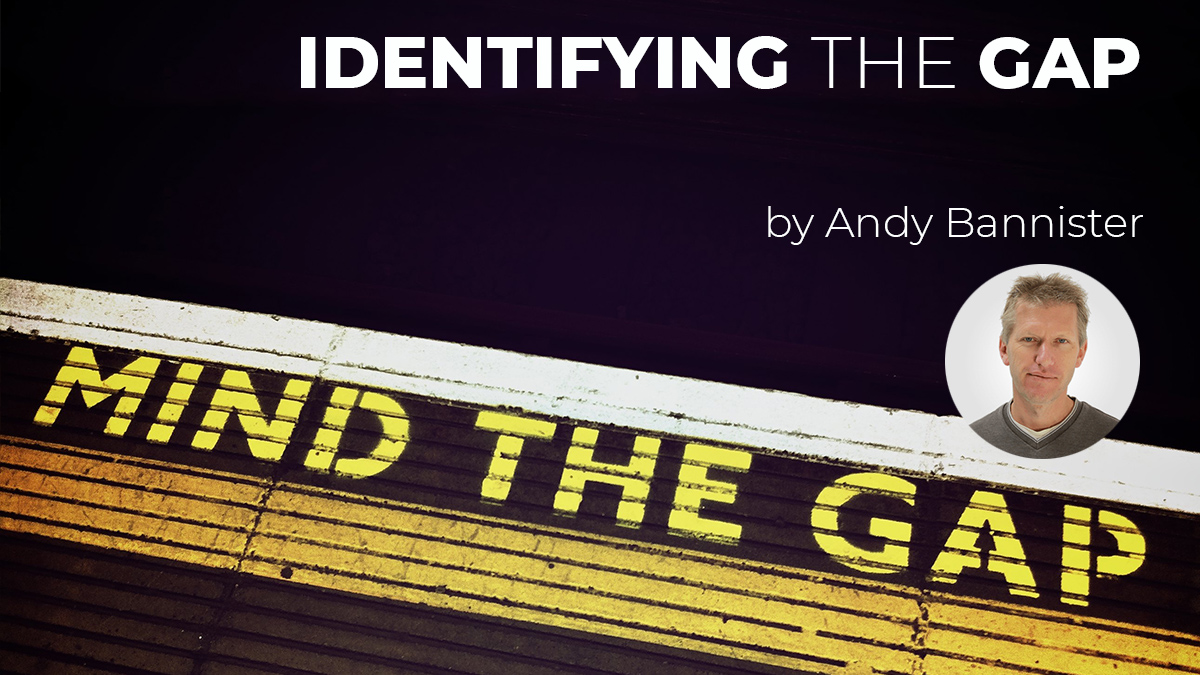New Year is full of traditions: the parties, the fireworks, the falling-asleep-in-front-of-the-TV-and-missing-the-big-moment and, of course, the resolutions. Every year millions of us fall for idea that somehow, because it’s the 31st of December, we can boldly commit to improve our health or relationships, take up a new hobby, lose a bad habit, or in some other way radically restructure our lives. I’m not immune from this habit: I have, not once but on two separate occasions, foolishly made a New Year’s resolution to learn the harmonica—coming from a fairly musical family, I have long felt deeply inadequate that the best I can manage is the spoons.
Whatever our particular New Year’s resolutions, for many of us it is nevertheless invariably the case that come February, many of them lie in smoking ruins, our good intentions to improve our health, happiness, or the local cultural music scene shipwrecked on the reef of reality.
Why do our resolutions so often fail, despite us often having the very best of intentions when we make them? What accounts for the embarrassingly obvious gap between our intentions and the lived reality? There can be many reasons: not counting the cost, not being honest about our weaknesses, not appreciating how deeply ingrained habits can be, not making the time, not being realistic or, in my case, not accounting for my wife flattening my harmonica with a lump hammer.
Whether it’s a light-hearted intention (playing the mouth organ like Larry Adler) or a more serious one (losing some weight and improving our exercise regime), whatever it is we’re aiming to do, if we’re going to succeed and turn our intention into reality, we need to confront, honestly and head on, those things that risk holding us back. Rather than fall into the gap between intention and action, we need to identify the gaps so we can avoid them.
And the same is true in our spiritual lives. New Year can be a wonderful opportunity for reflection for Christians—we can look back and pray over the year behind, thanking God for the good things and repenting of where we messed up. We can look ahead to the new year with expectation for what God will do, and commit ourselves afresh to following Christ in the next twelve months. Maybe we might also decide to set ourselves some discipleship challenges: perhaps we resolve to pray more this coming year, or read through the whole of the Bible, or share our faith more often with friends, colleagues, and neighbours.
Yet even those very noble intentions can, if are not careful, end up soon forgotten and covered in cobwebs—which then only leads to apathy, guilt, or frustration when we remember, sometime towards the back end of the following autumn, that once again we have fallen short.
In his marvellous little book, The Screwtape Letters, in which C. S. Lewis pens an imagined correspondence between a senior and a junior devil, the latter advising the former how best to torment and trip up his “patient”, Screwtape touches on this theme. He advises Wormwood, his young charge, to try to get the Christian he is tempting to either boldly overestimate his abilities, or to tie themselves up in knots at their inadequacy. Screwtape writes: “Tortured fear and stupid confidence are both desirable states of mind”.
And when it comes to evangelism, I think “tortured fear” sums up how many of us often feel when we think about sharing our faith with our friends. Fear that we’ll look foolish. Fear that we just don’t know how to begin talking about Jesus. Most Christians want desperately to share their faith more naturally and regularly; many of us have perhaps made New Year’s resolutions along the lines of “This is the year I’ll talk to my neighbours about Jesus”; and many of us have not followed through. There is a gap between what we know we should and wish we could do, and what we actually do.
Addressing that that gap is the very purpose of this brand new series on the Solas website. Over the coming weeks, we’re going to take a look at some of the gaps that, for many of us, stand in the way of us talking about Jesus with our friends and neighbours. It’s my hope that by naming those gaps—by looking at them honestly, wisely, and biblically—we can begin to tackle them. Rather than boldly proclaim “next year will be different!” we can more modestly promise “this year I’m going to take some practical first steps”.
I encourage you to track with this series over the next few months. This is not a series for experts but for ordinary Christians like you and me, that we hope you will find challenging and encouraging, honest and practical, and which will give you both food for thought and practical tools to help you evangelise more.
As you begin this new year—or if you’re playing catch up mid-year and wading through this series like a Netflix binge watching marathon—let me suggest a helpful spiritual exercise to try right at the start. Find somewhere peaceful and quiet and have a think about these three questions:
- Do I really want to share my faith more this next year? (If the honest answer is no, then pray that the Lord would give you an increased heart for the lost and a deeper motivation to reach them. Don’t try to whip yourself into an emotional frenzy by sheer willpower—ask the Lord to change your heart).
- What are the names of some of the people with whom I’d like to share my faith this year? (Make a list and put it in the front of your Bible: begin praying for each person, by name, once a week or more. Pray especially that the Lord would create opportunities for you to naturally speak with them).
- What are some of the fears that hold you back, the gaps that stand between you and sharing your faith more often and more confidently? (Naming them can be very helpful. You might also want to write these down and begin praying about them: e.g. ‘Lord, please help me overcome my fear of not knowing what to say …’)
You see the good news, in all of this, is that however much we want to share the gospel with our friends, however great our desire is for our friends to know Jesus, God’s desire is even greater than ours. His love for our friends is infinite more than ours. And so when we step out in faith—when we confront the gaps that keep us from evangelism—we do this not in our power, but in the power of his Holy Spirit that God gives us. As the Apostle Paul put it so memorably:
Now to him who is able to do immeasurably more than all we ask or imagine, according to his power that is at work within us, to him be glory in the church and in Christ Jesus throughout all generations, for ever and ever! Amen. (Ephesians 3:20-21)


